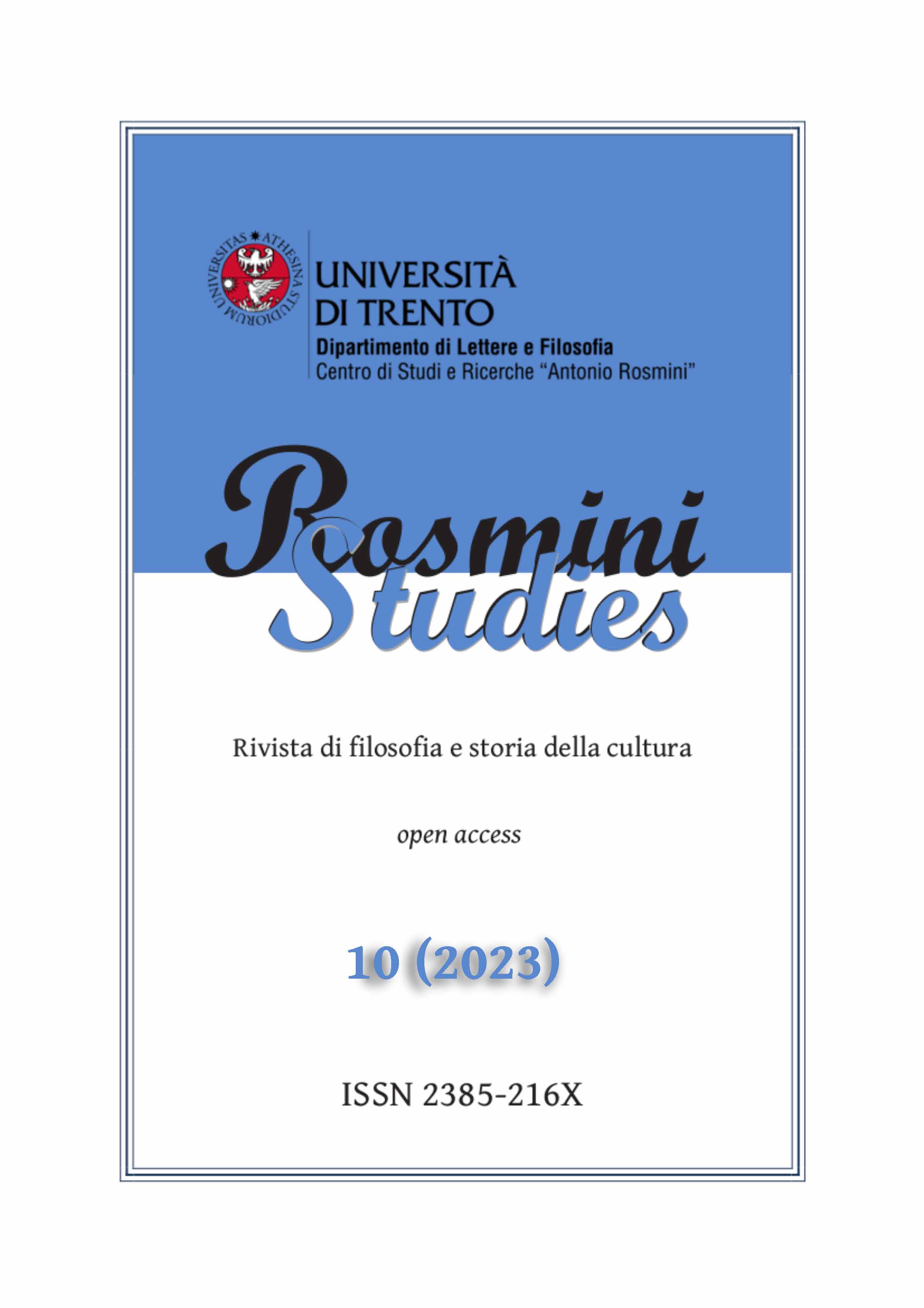Elementi per una contestualizzazione della filosofia della religione di Juan Carlos Scannone
Una rassegna critica della letteratura specialistica
Abstract
The proposal advanced by Juan Carlos Scannone for a philosophy of religion develops in a precise historical-geographical, intellectual and cultural framework, between the second half of the 20th century and the first twenty years of the 21st century. Since 1970, Latin America has been implementing theoretical proposals centered on the historical-political conditions, on the dynamics of liberation from oppression and injustices, on the valorization of popular wisdom and on philosophical inculturation. Starting from a hermeneutic-phenomenological approach, Scannone elaborates a philosophy of religion that is connected to his proposal of liberation; he is able to rethink the religious fact, God, and the categories of theology in a lively dialogue between Western thought and Latin American thought. Based on a reflection on God that moves from the victims, the Argentine philosopher exposes the current situation of the philosoophical activity and of a particular kind of rationality. The article explores some useful aspects for the understanding of Scannone's philosophy of religion; with this goal, it includes a critical review of the most recent specialist literature on the topic.
##submission.downloads##
Pubblicato
Fascicolo
Sezione
Licenza
Copyright (c) 2023 Rosmini Studies

Questo lavoro è fornito con la licenza Creative Commons Attribuzione - Non commerciale - Non opere derivate 4.0 Internazionale.



